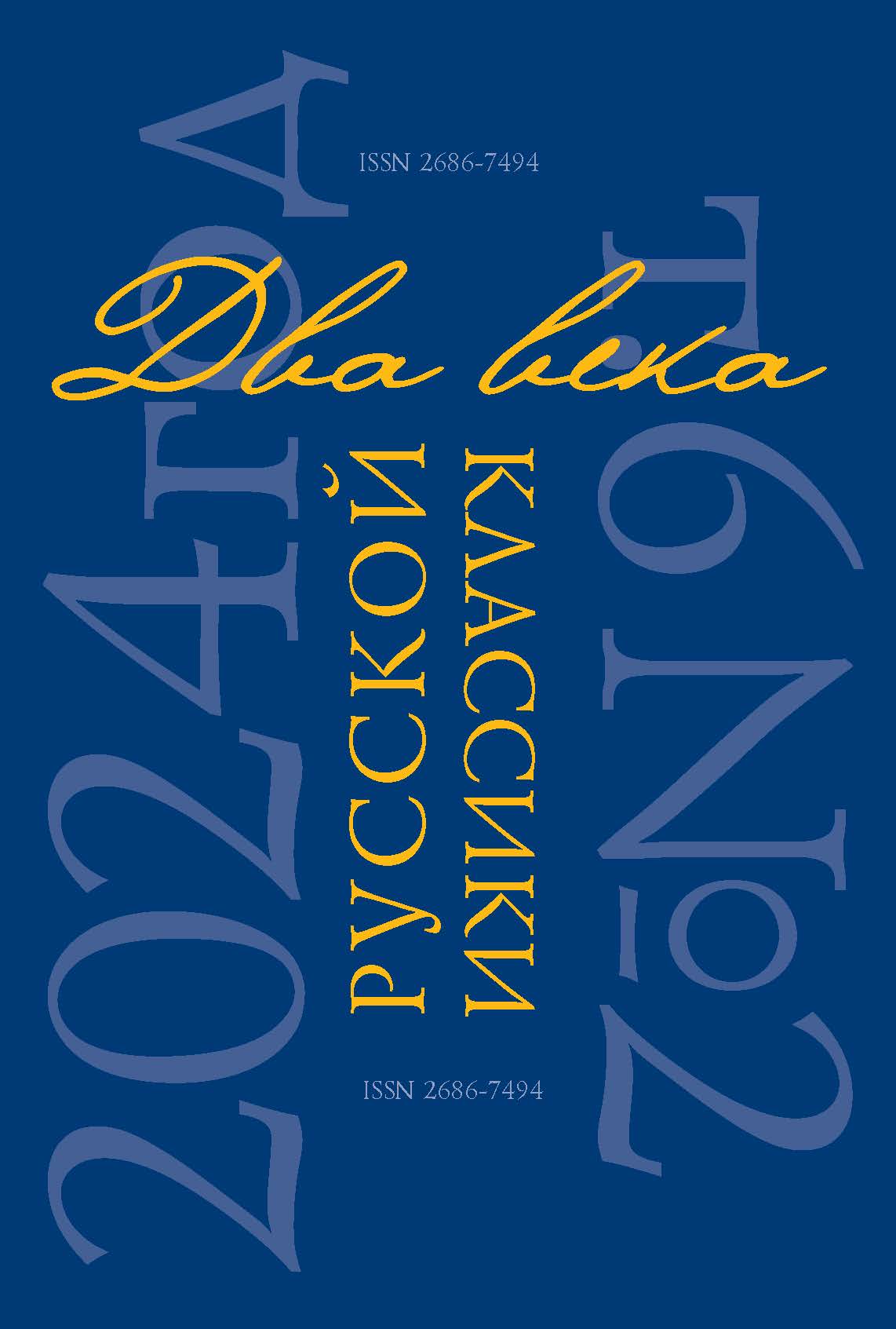Abstract:
N. V. Gogol loved Italy, was fluent in Italian and created “Dead Souls” mainly in Rome. The article notes that Chichikov’s journey in the poem “Dead Souls” partly echoes the journey presented by Dante in “The Divine Comedy.” The poems of Dante and Gogol begin with the image of road, each of the works has its own guide and direction of movement. But if in Dante’s work the movement is vertical, in “Dead Souls” it is horizontal. The article proves that Dante’s journey, although an incredibly difficult and dangerous test, appears to be a meaningful, logical, elegantly constructed way. This is the path through Hell and Purgatory to Paradise, to God, in which the whole Roman soul of the poet is expressed with his love for order, harmony, justice, legal and moral explanation of each step. Chichikov’s journey is a dangerous illegal adventure, his movement is chaotic, random, dictated by momentary circumstances. His trio of horses is rushing at full gallop in an unknown direction and with an unknown purpose. The article also proposes a version of the origin of the protagonist’s surname — Chichikov, associated with the Italian word “chichirone,” which means “guide, conductor.”
References
Asoian, A. A. Dante i russkaia literature [Dante and Russian Literature]. Sverdlovsk, Izdatel’stvo Ural’skogo universiteta Publ., 1989. 171 p. (In Russ.)
Gachev, G. D. “Natsional’nyi Kosmo-Psikho-Logos” [“National Cosmo-Psycho-Logos”]. Voprosy filosofii, no. 12, 1994, pp. 57–78. (In Russ.)
Gol’denberg, A. Kh. “Gogol’ i Dante” kak sovremennaia nauchnaia problema [“Gogol and Dante” as a Modern Scientific Issue]. Available at: http://domgogolya.ru/science/researches/1519/ (Accessed 21 August 2021). (In Russ.)
Dobrokhotov, A. L. Dante Alig’eri [Dante Alighieri]. Moscow, Mysl’ Publ., 1990. 208 p.(In Russ.)









